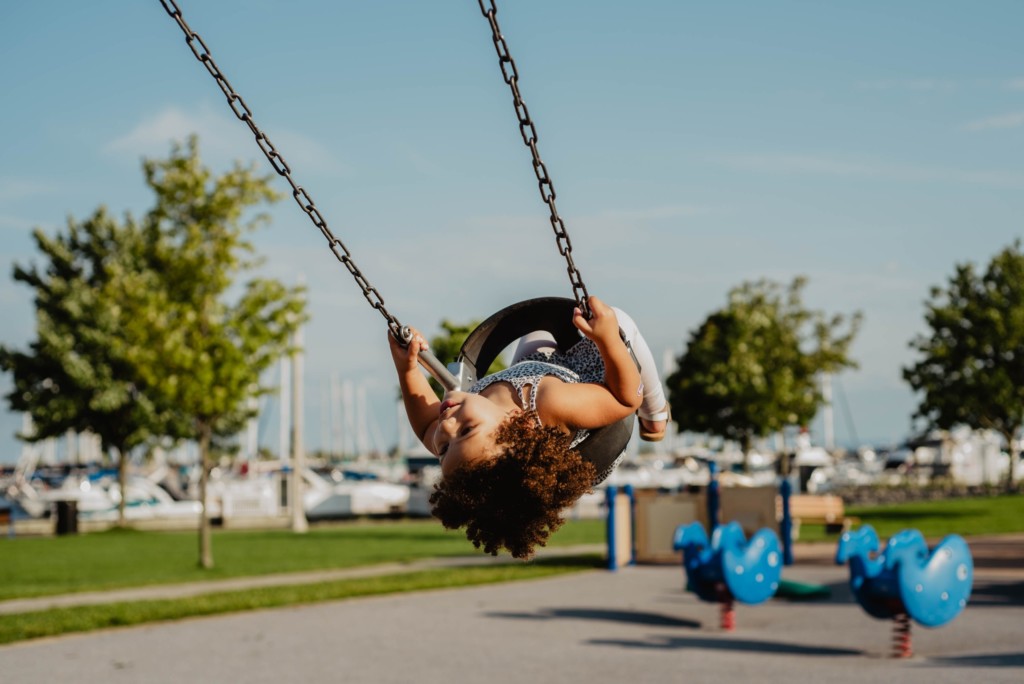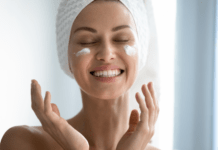A few months ago, I began to have anxiety issues, severe mood swings, forgetfulness, issues with weight gain, and depression. I assumed stress, or maybe a hormone imbalance was the cause. I decided to go the doctor about it. There, I was told the problem was simple: I needed to get more (and better) sleep.
Apparently, I’m not the only one. Various polls report between 1/3 and 2/5 of adults in America do not get enough sleep. I would not be surprised if that number is even higher for moms! Luckily for us, May is Better Sleep Month. It is aimed at the making people aware of the importance of a good night’s sleep and helping those of us in need of figuring out how to get more of it.
Here are some of the tips I got from my doctor:
1) Avoid caffeine after lunch. Caffeine acts as a stimulant in your body, promoting alertness and actively blocking the receptors in your body that cause you to feel sleepy. What I didn’t realize was you can feel the effects of caffeine in beverages for as long as 6 hours after drinking them. Now, I do my best to drink primarily water in the afternoons and evenings, but there are some days I really just need that Diet Coke to get me through.
2) Exercise, but not too late. This seems to work differently for different people, but I was told to try to avoid exercising in the evenings. Exercise, in general, is great for your body and promoting sleep. But for some people, exercising later in the day can cause their adrenaline to continue pumping long after they are ready for bed. I teach fitness classes, and due to my schedule I have to exercise in the evenings a couple times a week. I have not personally noticed a correlation between the nights I exercise later and the sleep I do (or don’t) get.
3) Stay away from those afternoon naps. If you are not getting enough sleep at night, it can become all too tempting to take a nap when you finally are feeling tired. However, naps, especially in the late afternoon, can make it more difficult to fall asleep at a reasonable time, creating a vicious sleepless cycle. This is the suggestion I try hardest to follow. If I find myself wanting to doze off during T’s afternoon nap, I find something to keep me busy: housework, crafts, reading.
4) Take a melatonin supplement. I wanted to avoid prescription sleep aids if at all possible, so my doctor recommended trying melatonin supplement. Melatonin is a naturally occurring hormone in our bodies that helps regulate sleep. Some studies indicate that taking it as a supplement can help encourage sleep in people who need it. I have mixed feelings about this one. I started taking melatonin after my doctor recommended it and quickly realized I was having more vivid (and weirder) dreams, indicating to me I was, in fact, getting more sleep. It does not seem to be consistent for me, but other factors might be coming into play (like whether I had a lot of caffeine that afternoon).
5) Read before bed. Most of us have been told how bad screens are for getting good sleep. I used to enjoy watching documentaries in bed to help me fall asleep, but now I try to read more instead. I purchased a reading light that clips onto the side of my bed so I don’t have to get up when I’m done reading. This is the tip that has helped the most. The issue I have is with actually falling asleep. Once I manage to fall asleep, I typically sleep just fine. But I have to get there first, and reading in bed helps me fall asleep.
If you look online or talk to your doctor, you will find that there are tons of other helpful hints and suggestions. As with anything, different people need different solutions. If you are having issues you think may be related to sleep, talk to a medical professional. You need to take care of yourself so that you can take care of the little ones who depend on you!

















